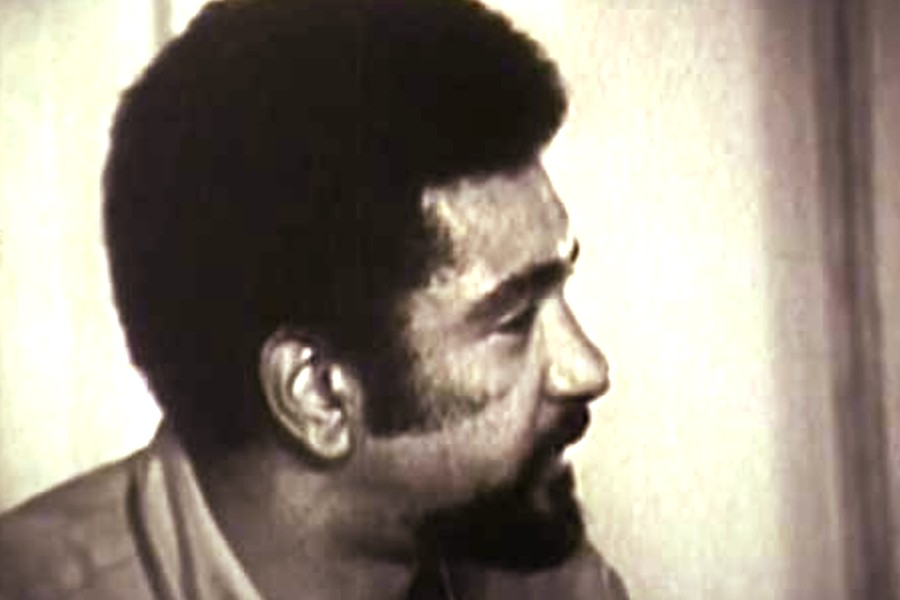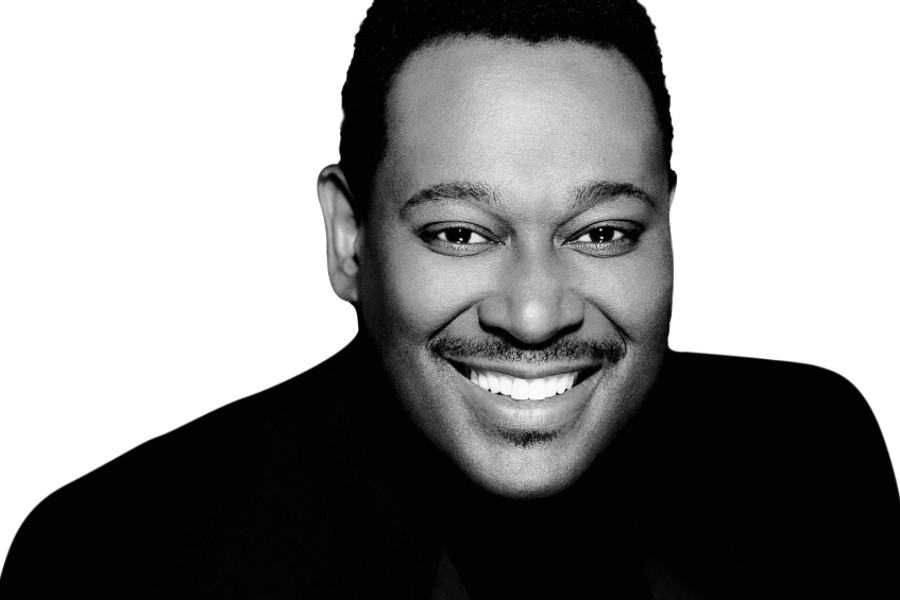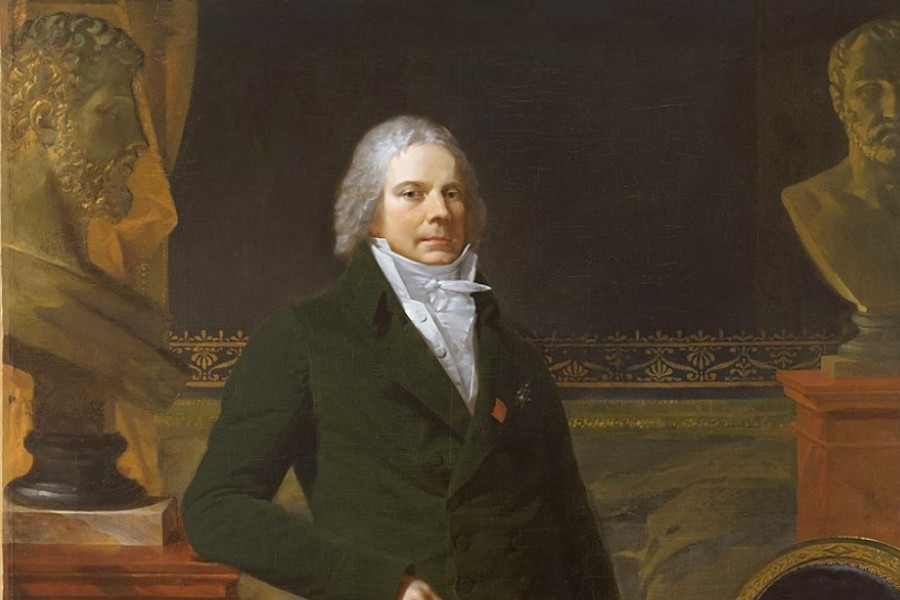
In September 1963, amidst the vibrant atmosphere of a Greenwich Village bar, a pivotal moment unfolded for Robert Macbeth, a rising Black actor in New York’s theater scene.
As the evening news murmured in the background, the tragic bombing of the 16th Street Baptist Church in Birmingham, Alabama, flashed across the screen.
This harrowing event stirred a profound reaction in Macbeth, setting in motion a chain of events that would redefine his path in the theater world.
Recalling the moment in a candid 1967 interview, Macbeth recounted how he took to the stage that night for an Off-Broadway improv show, grappling with a whirlwind of emotions. Rather than adhering to the show’s usual routine, he unleashed his pent-up anguish and frustration, confronting the predominantly white audience with raw intensity. Yet, to his dismay, his impassioned performance was met not with solemn reflection but with misplaced amusement.
Disheartened by the audience’s reaction and his perceived failure to convey the gravity of the moment, Macbeth made a pivotal decision: to retreat from the stage and embark on a period of self-imposed “exile.” During this time, he immersed himself in various pursuits, from working in a bookstore to teaching acting classes, as he grappled with the seismic shifts reverberating through Black America during the tumultuous 1960s.
Amidst this period of introspection, a transformative vision began to crystallize in Macbeth’s mind: the realization that Black actors and playwrights could never fully thrive within the confines of white-dominated spaces. In 1967, fueled by this conviction, he embarked on a bold venture, gathering a collective of over 30 actors and artists to establish the New Lafayette Theater in Harlem.
Described by The New York Times in 1972 as a “true community theater,” the New Lafayette emerged as a vibrant hub of Black culture, serving as a beacon for the burgeoning Black Arts Movement.
Under Macbeth’s stewardship, the theater became a fertile ground for nurturing talent, with playwright Ed Bullins serving as artist-in-residence and luminaries like Nina Simone gracing its stage.
Despite facing adversity, including a devastating fire that razed the original theater, Macbeth persevered, finding a new location and breathing life into the New Lafayette Theater once more.
Over the years, the theater showcased a diverse array of productions, from gritty urban dramas to avant-garde performances rooted in African ritual, earning acclaim for its bold and innovative approach to storytelling.
While the theater’s doors ultimately closed in 1972 due to funding challenges, its legacy endured, leaving an indelible mark on the landscape of Black theater in America.
Macbeth himself continued to make significant contributions to the arts, teaching, directing, and advocating for the advancement of Black voices in theater and film until his passing on October 31, 2023.
In the words of Macbeth himself, captured in a poignant moment during the theater’s refurbishment, the essence of his radical vision resonates: “It suggests that the artist himself with the things that he has on his mind and in his heart comes out and speaks to the people.”
Through his pioneering efforts, Robert Macbeth ensured that his voice, and the voices of countless others, would echo through the corridors of history, inspiring generations to come.
Photo credit: 1) RobertMacBeth, Screenshot. 2) Youtube.
- What’s Up Miss Lil: Harlem Celebrates With Holiday Lights & Parade 2024
- The Ultimate Guide To Customizing Your Cubicle Partition For Comfort And Style
- Eco-Friendly Cubicle Partitions: Sustainable Office Design Ideas
- Sponsored Love: Luther Never Too Much In Harlem And At The Beacon NY
- FDA’s Concerns With Unapproved GLP-1 Drugs Used For Weight Loss From Harlem To Hawaii
Become a Harlem Insider!
By submitting this form, you are consenting to receive marketing emails from: . You can revoke your consent to receive emails at any time by using the SafeUnsubscribe® link, found at the bottom of every email. Emails are serviced by Constant Contact









